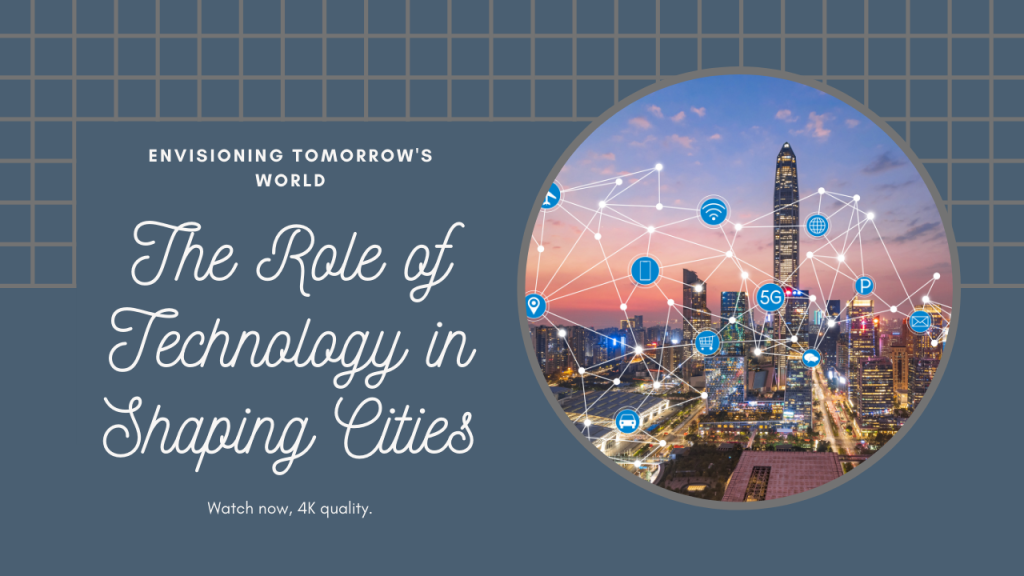As the world becomes increasingly urbanized, the integration of technology is playing a pivotal role in shaping the cities and communities of tomorrow. From improving infrastructure and transportation to enhancing sustainability and quality of life, smart technology offers innovative solutions to the complex challenges facing urban areas.
One of the key areas where technology is making a significant impact is in urban mobility. With the rise of congestion and pollution in cities, smart transportation solutions such as electric vehicles, autonomous vehicles, and ride-sharing services are transforming the way people move around urban environments. These innovations not only reduce traffic congestion and emissions but also improve accessibility and connectivity for residents and visitors alike.
Moreover, technology is revolutionizing the way cities manage their infrastructure and resources. Smart city initiatives leverage data analytics, sensors, and Internet of Things (IoT) technology to optimize energy usage, water management, waste disposal, and other essential services. By collecting and analyzing real-time data, cities can make informed decisions to improve efficiency, reduce costs, and enhance sustainability.
In addition to improving infrastructure, technology is also fostering more connected and inclusive communities. Digital platforms and social media networks enable residents to engage with local government, share information, and participate in civic activities more easily. Furthermore, smart technologies such as digital kiosks, public Wi-Fi networks, and smart street lighting enhance public spaces and promote social interaction and community engagement.
Furthermore, technology has the potential to enhance public safety and emergency response in cities. Smart surveillance systems, predictive analytics, and emergency alert systems enable authorities to detect and respond to threats more quickly and effectively, keeping residents safe and secure.
Overall, the role of technology in shaping tomorrow’s cities and communities is transformative. By embracing smart solutions, urban areas can become more efficient, sustainable, and livable, offering a higher quality of life for residents and visitors alike. As technology continues to evolve, the possibilities for creating smarter, more connected cities are endless, paving the way for a brighter future for generations to come.


